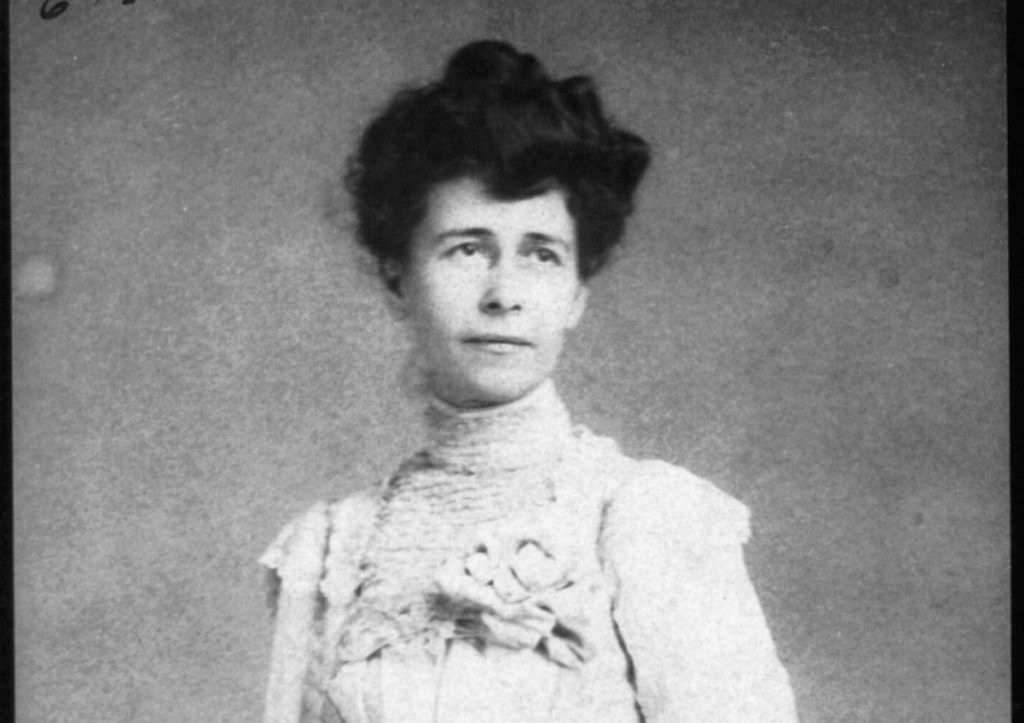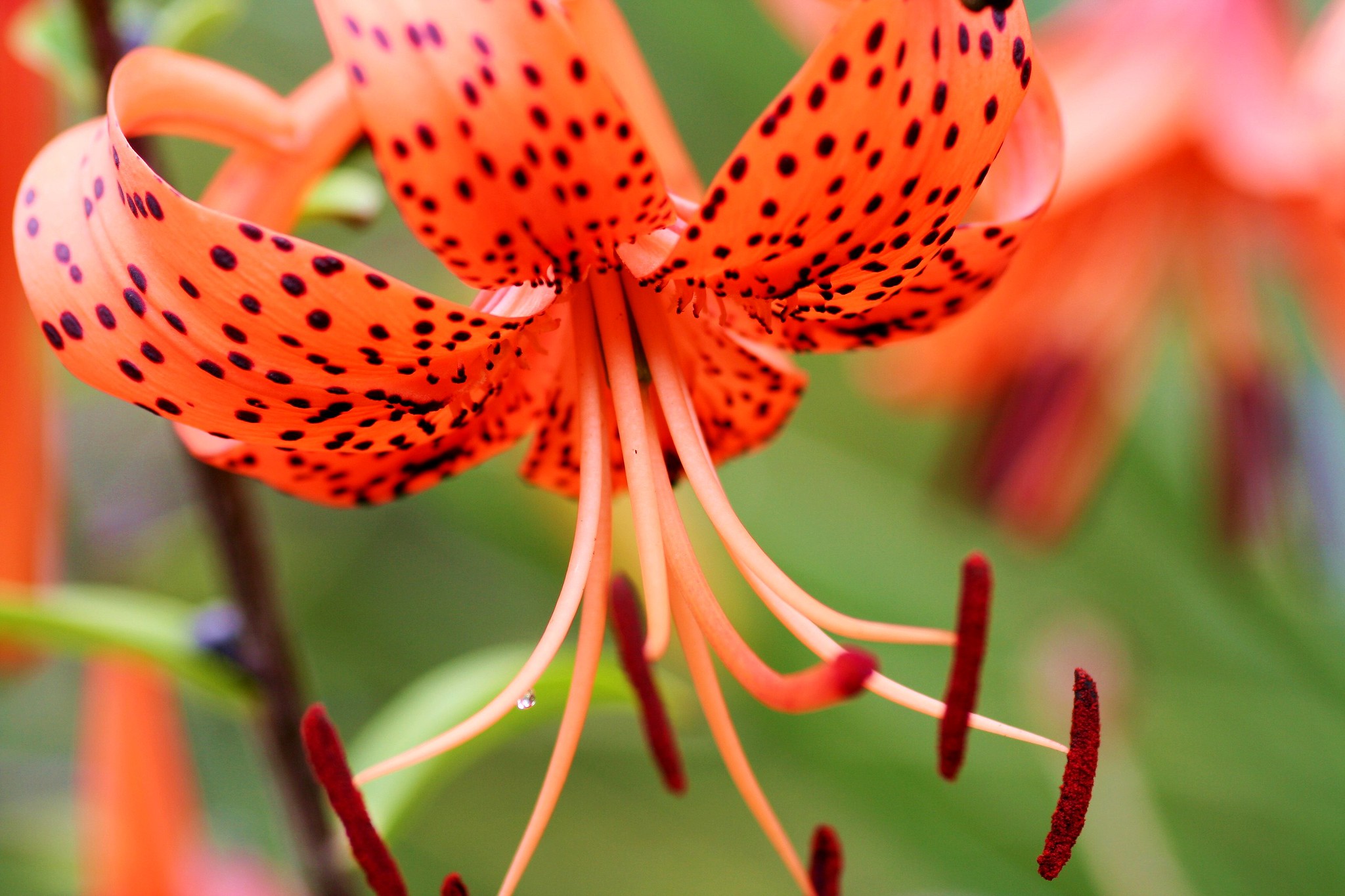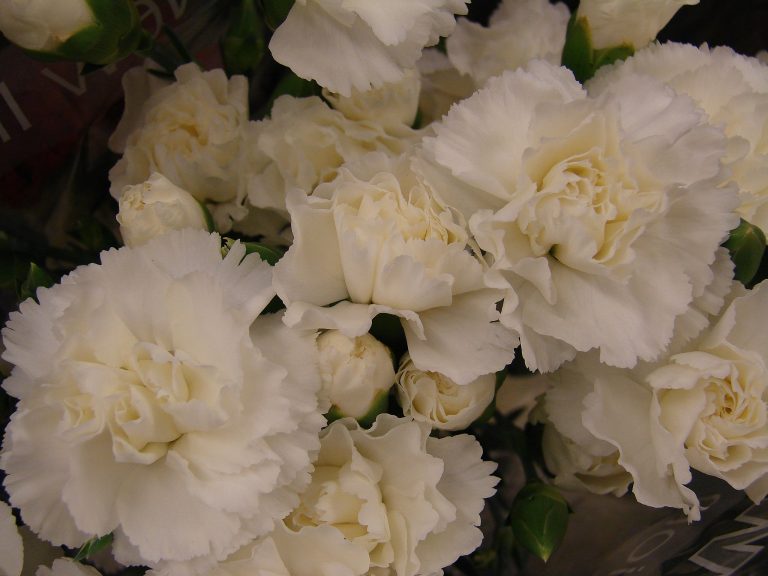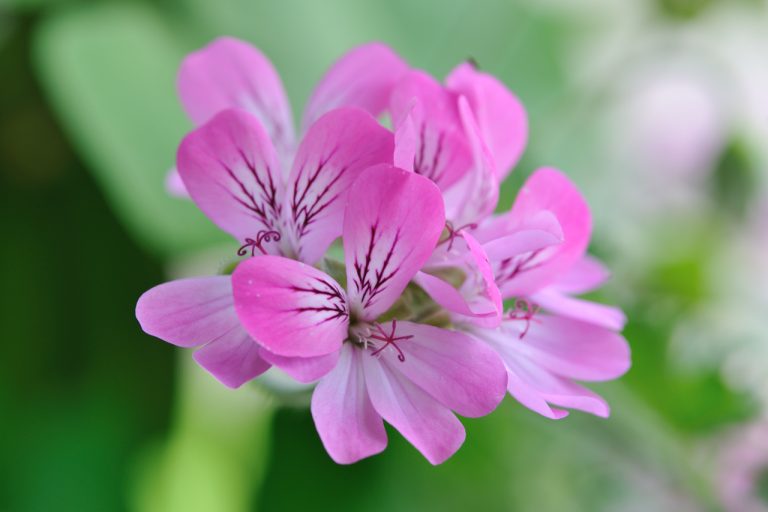Mother’s Day, the second Sunday of May, is upon us—and you know what that means. For the US and much of the rest of the world, it means flowers and cards and billions of dollars in gifts to show thanks to the ones who raised us. If it were up to the founding daughter of Mother’s Day, however, it would not be so.
Mother’s Day holiday brings short-lived glory for its founder
The seed for this tradition was sown by Ann Reeves Jarvis, a mother who tended wounded soldiers from both sides during the Civil War (1861-1865). After the war, she worked toward creating a “Mother’s Friendship Day,” which would bring soldiers and mothers from both sides together for reconciliation. Her hope of making this an annual holiday in the spirit of peace was not realized at the time of her death in 1905; but the seed had germinated and grew to bear fruit with her daughter, Anna Jarvis.

Continuing her mother’s legacy, Anna Jarvis worked with other mothers to dedicate a holiday honoring mothers. Her 1908 public memorial in West Virginia for her mother brought increased awareness and recognition of the holiday, and it began to be more widely celebrated throughout the states. President Woodrow Wilson officially designated the second Sunday in May as Mother’s Day on Friday, May 8, 1914, just in time for the first Mother’s Day on May 10.
Jarvis recommended the white carnation as a floral emblem of recognition for mothers. “Its whiteness is to symbolize the truth, purity and broad-charity of mother love; its fragrance, her memory, and her prayers. The carnation does not drop its petals, but hugs them to its heart as it dies, and so, too, mothers hug their children to their hearts, their mother love never dying.“
It wasn’t long before Jarvis was vexed about her holiday being exploited. To her, the holiday was meant for individuals to celebrate their personal relationship with their mothers, and commercialization by the florist, card, and candy industries defeated the purpose. She was so incensed that she even moved for the holiday to be dropped.
Success
You are now signed up for our newsletter
Success
Check your email to complete sign up
According to her own commentary, “A printed card means nothing except that you are too lazy to write to the woman who has done more for you than anyone in the world. And candy! You take a box to Mother—and then eat most of it yourself. A pretty sentiment.”
She spent her later years suing the offensive businesses and died in a sanitarium.
Celebrating mothers around the world
The idea of recognizing and honoring mothers was hardly new in Jarvis’ day. Ancient Egyptians worshiped Isis, a mother deity; while Ancient Greeks and Romans honored Cybele and Rhea, respectively, both referring to the same ancient female forebear of humanity.
Historically, China has always stressed filial piety, and many Chinese legends feature remarkable mothers. Mencius, for instance, a great Chinese philosopher second only to Confucius, was fortunate to have a mother who thrice relocated to give her son the best education and circumstances.

While the white carnation has been adopted around the world as “the” Mother’s Day flower, mothers in China are more commonly recognized with the tiger lily (Lilium lancifolium). The flower is believed to cheer and relieve worries. Thus, one would traditionally plant tiger lilies before leaving home, to ease a mother’s anxiety.
Peru, like much of Latin America, places much importance on honoring the dead. Their Mother’s Day, also celebrated on the second Sunday in May, sees thousands of people gathering at cemeteries to celebrate mothers who have passed away.
Mother’s Day in the UK dates back to medieval times and falls during the Lenten season, when poor, working children were allowed to visit their families. They would gather wildflowers on their walk home and gift their mothers special treats called “mothering cakes.” This year the holiday fell on March 27.
To buy or not to buy?
While the trend that Jarvis so detested has not abated; she was not a mother herself, and perhaps lacked the perspective that most moms share today—that any bit of appreciation is welcome and cherished.
Regardless of commercialization, Mother’s day retains the original sentiment to a large degree. Evidence that we do care can be seen in the fact that 122 million phone calls are made on the second Sunday each May, more than any other day of the year.

Money can’t buy love, but $28 billion, the estimated amount spent on Mother’s Day in the US last year, certainly shows some appreciation. Whatever you choose to give your mom, be it flowers, a handwritten letter, a visit, or a fine-dining experience, make sure it comes from your heart—she will know.
Inspiring words about moms
Demonstrating a mother’s uncanny capability to solve all problems:
- “Nothing is lost until your mother can’t find it.” – Unknown
- “A mother is she who can take the place of all others but whose place no one else can take.” – Cardinal Mermillod
Expressing a mother’s limitless love:
- “Just when you think you know love, something little comes along and reminds you just how big it is.” – Unknown
- “For a mother is the only person on earth who can divide her love among 10 children and each child still have all her love.” – Unknown
- “Moms are the people who know us the best and love us the most.” – Unknown
- “Having children just puts the whole world into perspective. Everything else just disappears.” – Kate Winslet
Recognizing the challenges of mothering
- “There’s no way to be a perfect mother and a million ways to be a good one.” – Jill Churchill
- “Sometimes the strength of motherhood is greater than natural laws.” – Barbara Kingsolver















